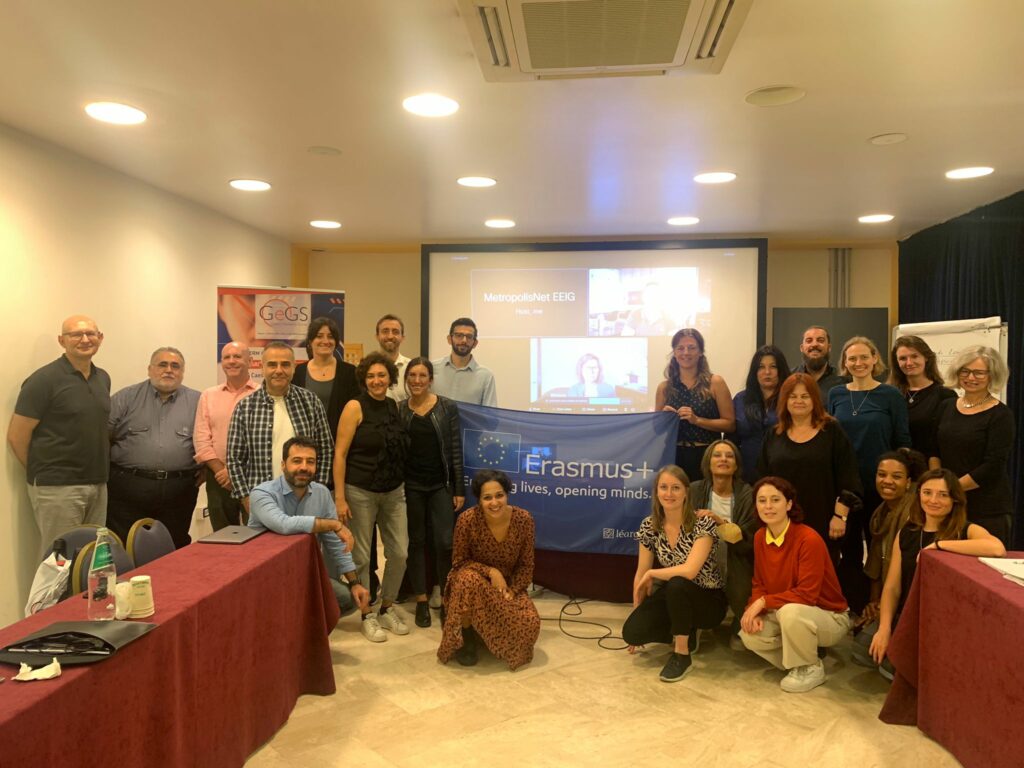The Good e-Guidance Stories research report compiled by our partners captures the response of the information, advice, and guidance IAG services in the UK, Italy, France, Germany, and Greece to the Covid19 Pandemic. The methodological approach implemented in this report included both desk research and a qualitative inquiry, which was composed of interviews with IAG service managers and focus groups which targeted guidance practitioners and beneficiaries.
‘‘It is becoming increasingly obvious that the covid 19 pandemic has required us all to think differently about jobs – whether that requires working from home or a complete re-think about job prospects, we’ve needed to think outside the box.’’ (UK).
The reports main findings related to IAG services, and the process of digitalisation in each partner countries emphasises the following: IAG services in France are very digitally orientated with 70 % of public administration services already digitalised and the rest to be updated by 2022. In Italy, the National Recovery and Resilience Plan foresees a reform of IAG service including the introduction of guidance training modules targeted at 4th and 5th grades of secondary school to support students in making choices on their studies as well as further vocational training and preparatory modules for those willing to enter the world of work. In the case of Greece, there are several e-learning courses in the field of career guidance offered by Lifelong Learning Centres of the Universities in the sectors of education, social work, and even Medicine. In Germany (Düsseldorf) new emerging target groups were reported, including many with vocational training and university degrees, recently unemployed due to the pandemic, young EU foreigners and those who find it difficult to access face-to-face counselling due to time restraints. In this way, it was highlighted that ‘’online counselling can offer advantages especially for people with limited mobility, for people who cannot/would not leave the house (for example due to mental or physical illness” (Germany). In the UK, areas of improvement were identified for career guidance service including better quality e-resources and digital provisions for service users, more interactive IAG online provisions for youth and increasing funded training opportunities and support for IAG practitioners. Moreover, it was highlighted that ‘‘there are challenges in accessing young people most in need as some have become disengaged, here partnership working is vital for engagement and follow up’’ (UK)
The main conclusions of this report are that the pandemic has accelerated the process of digitalisation of IAG services, the digital gap has become a determining factor in job search and career development, and with respect to the organisation of services it emerges that all accredited public and private agencies responsible for IAG services have reorganised the services to adapt to the need for remote access. For the full report and conclusions see the link to the PDF in our library GeGS-Report-desk-research.pdf (goodeguidance.eu).
